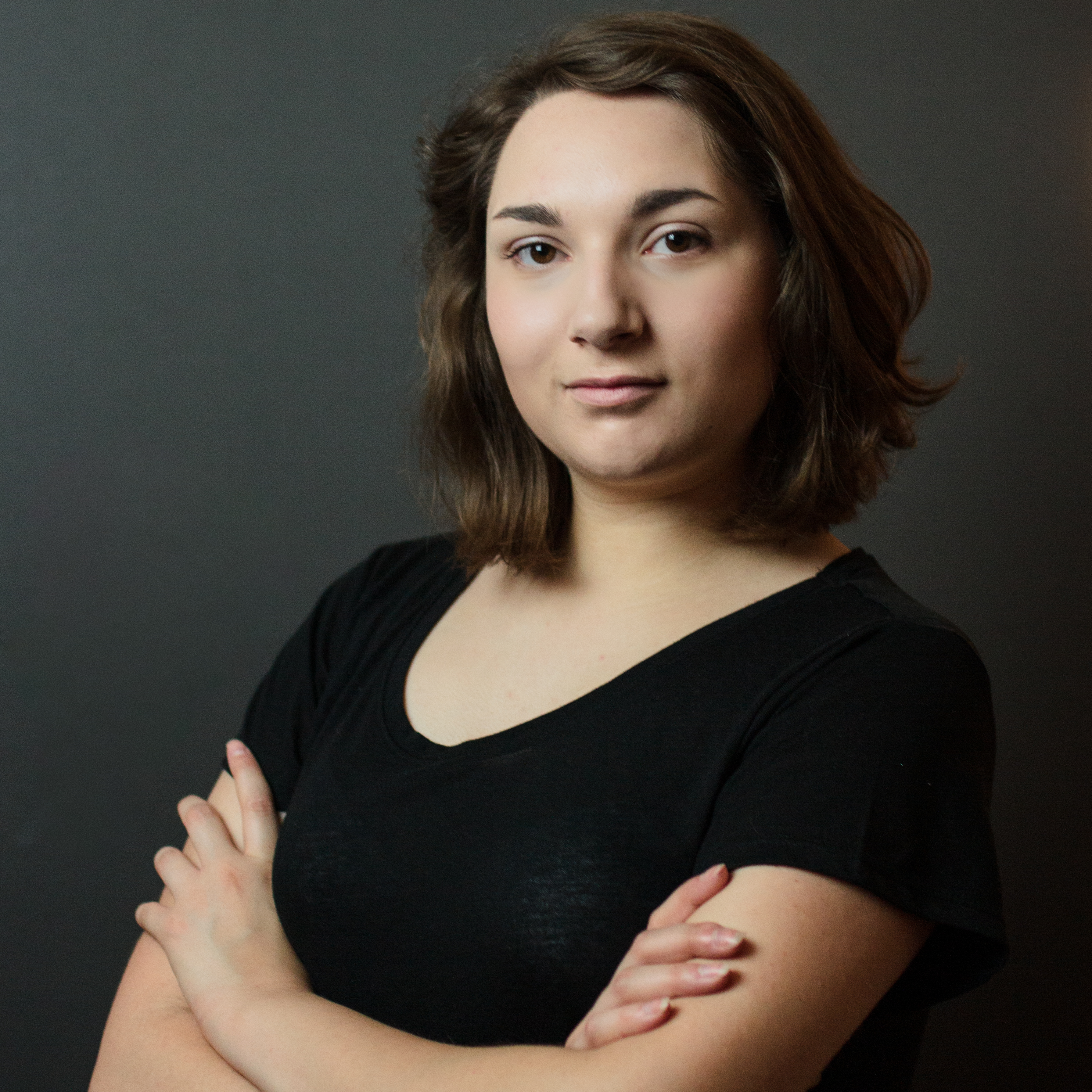How has your career progressed since we last spoke to you?
I’ve recently started as a Learning Coordinator with the Museum of London and the Museum of London Docklands.
What does a typical day look like in your current role?
My role is to ensure the smooth running of school visits and family events during holidays. It involves lots of operational aspects and running around, but also a lot of creative projects such as organising large-scale festivals, visiting schools and organising research panels for our New Museum being built in West Smithfield. There are some really wholesome moments during object handling where children can actually hold some of our objects. It’s lovely watching their faces light up when they realise the object they’re holding is hundreds sometimes thousands of years old.
How has your History degree helped you in your career?
Firstly to research and develop school sessions on a range of topics explorings London’s history. Also, interpreting and using our collection to inspire and inform our programming. As well as designing learning resources such as trails or exhibitions.
What advice would you give to anyone wanting to follow a similar career?
I recommend first looking at roles within smaller local museums where you can build fantastic hands-on experience and more opportunities to learn about different areas of museum work, before applying to the big ones.
Can you tell us a little bit about the Beyond the Binary project and how you were involved?
I was a remote volunteer for this fantastic project which involved researching and analysing lots of different pantomime and music hall ephemera from photos, posters to song lyrics. I also came down to Canterbury to help at the exhibition and attended the performance in September.
You were interviewed by BBC Radio Kent, what did you speak about and how did you find the experience?
It was really exciting to get to talk about a project that so many people worked really hard on and uncover some interesting insights into the binary and performance history. I spoke about the importance of looking at performance when studying social history, especially if looking at gender and sexuality, as historically the stage was a safe place and these themes have been explored within it for hundreds of years, often appearing to follow the status quo when actually undermining it.
How did you find the transition from an Undergraduate degree to a Master’s degree? And what advice would you give to Kent students considering staying on for a Postgraduate degree?
It is a big jump but finding the right place to study will make that transition easier. Make sure you go and look around at universities if you can. Then think about what parts of your subject, or another subject, you love which will help you specialise. Doing an MA is great for delving further into a subject you love.
What advice would you give to new graduates?
Firstly, give yourself a break if you can! Alternatively, don’t be worried about doing a random part-time job for a bit, I did! Also, remember you don’t have to try and find your career straight away, these things take time.

